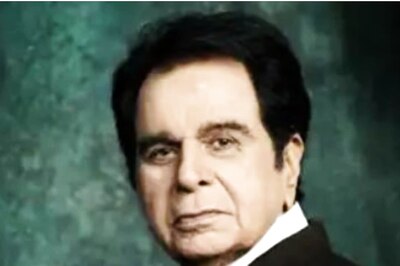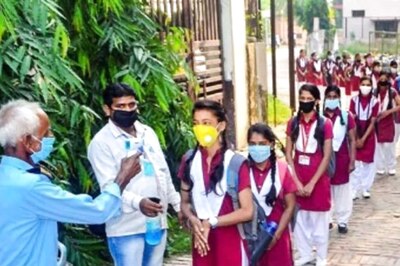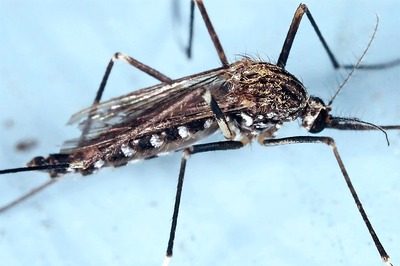
views
New Delhi: Indian-origin Nobel laureate and MIT's Alfred P Sloan Professor of Biology and Chemistry emeritus H Gobind Khorana died on Wednesday. He was 89.
A winner of the 1968 Nobel Prize in physiology or medicine and made seminal contributions to genetics.
Khorana was born in India in 1922 in Raipur, Punjab that is now part of Pakistan.
In an autobiographical note written upon winning the Nobel Prize, Khorana wrote, "Although poor, my father was dedicated to educating his children and we were practically the only literate family in the village inhabited by about 100 people."
Khorana attended high school in the nearby city of Multan before enrolling in Punjab University, where he received his bachelor's degree in 1943 and master's in 1945, both in chemistry and biochemistry. Upon graduating, he received a fellowship from the Indian government to study at the University of Liverpool in the UK, where he received his PhD in 1948.
He did postdoctoral work at Switzerland's Federal Institute of Technology.
In 1960, he went to the University of Wisconsin at Madison, where he became co-director of the Institute for Enzyme Research.
At Wisconsin Khorana and his colleagues worked out the mechanisms by which RNA codes for the synthesis of proteins, leading to the Nobel Prize in 1968, which Khorana shared with Robert Holley of Cornell University and Marshall Nirenberg of the National Institutes of Health.
In 1970 he joined MIT, where he continued at the forefront of the ballooning field of genetics.
In addition to the Nobel, Khorana won many other professional awards, including the Louisa Gross Horwitz Prize from Columbia University and the Lasker Foundation Award for Basic Medical Research, both in 1968; the Willard Gibbs Medal of the Chicago section of the American Chemical Society, in 1974; the Gairdner Foundation Annual Award, in 1980; and the Paul Kayser International Award of Merit in Retina Research, in 1987.
He was also a member of the National Academy of Sciences and a fellow of the American Academy of Arts and Sciences, among other distinguished professional memberships.
Khorana is survived by his daughter, Julia, and son, Dave.



















Comments
0 comment